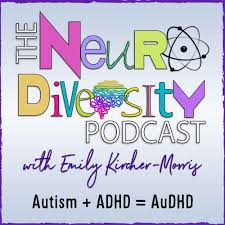Understanding ADHD: Signs, Challenges and Recent Insights

Introduction
Attention-Deficit Hyperactivity Disorder (ADHD) is a neurodevelopmental disorder that affects millions of children and often continues into adulthood. Understanding ADHD is crucial, not only because of its prevalence, but also due to the significant impact it can have on education, work, and personal relationships. With increasing awareness and research, recognizing the symptoms and challenges associated with ADHD has become essential for parents, educators, and health professionals.
What is ADHD?
ADHD is characterized by inattention, hyperactivity, and impulsiveness. The disorder is typically diagnosed in childhood, with symptoms originating before the age of 12. While the interpretation of ADHD symptoms can vary, they generally fall into two primary subtypes: predominantly inattentive presentation and predominantly hyperactive-impulsive presentation.
Recent Developments
Several studies released in 2023 have shed light on ADHD’s neurobiological underpinnings. Recent research from prominent psychological journals emphasizes the role of genetic factors and brain structure variations linked to ADHD. For instance, scientists have found differences in the size and activity of certain brain regions in individuals with ADHD compared to those without. Such findings enhance our understanding and pave the way for more effective treatment protocols.
Challenges Faced by Individuals with ADHD
Despite increased awareness, individuals with ADHD often face various challenges. Educational settings can sometimes overlook the needs of students with ADHD, resulting in frustration and poor academic performance. Furthermore, they may face social difficulties and issues with self-esteem. It is vital for institutions to adopt inclusive practices to support these individuals effectively.
Conclusion
As research continues to evolve, it becomes increasingly clear that ADHD is a complex condition with a wide spectrum of symptoms. Recognizing and understanding ADHD can dramatically improve the quality of life for those affected by it. Early diagnosis, tailored interventions, and community support are critical in managing the disorder. Moving forward, raising public awareness and advocating for education and workplace accommodations will play a crucial role in assisting those with ADHD to thrive.









